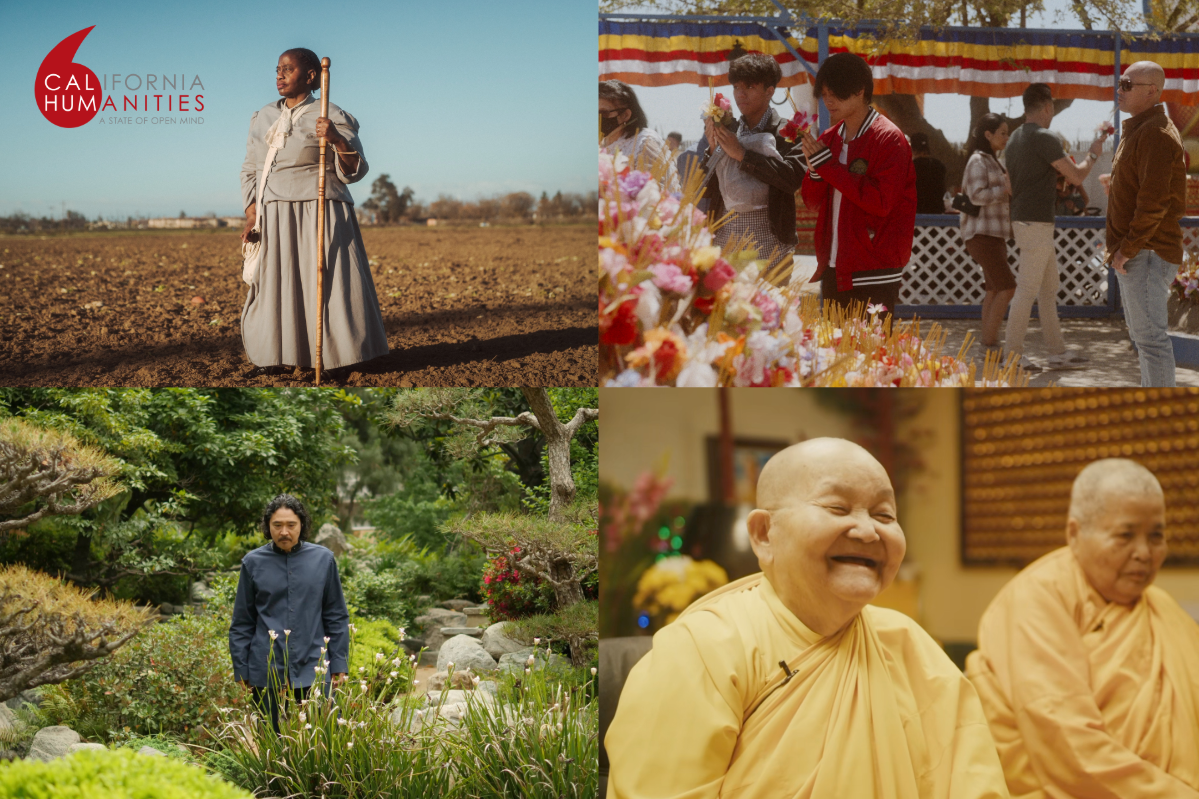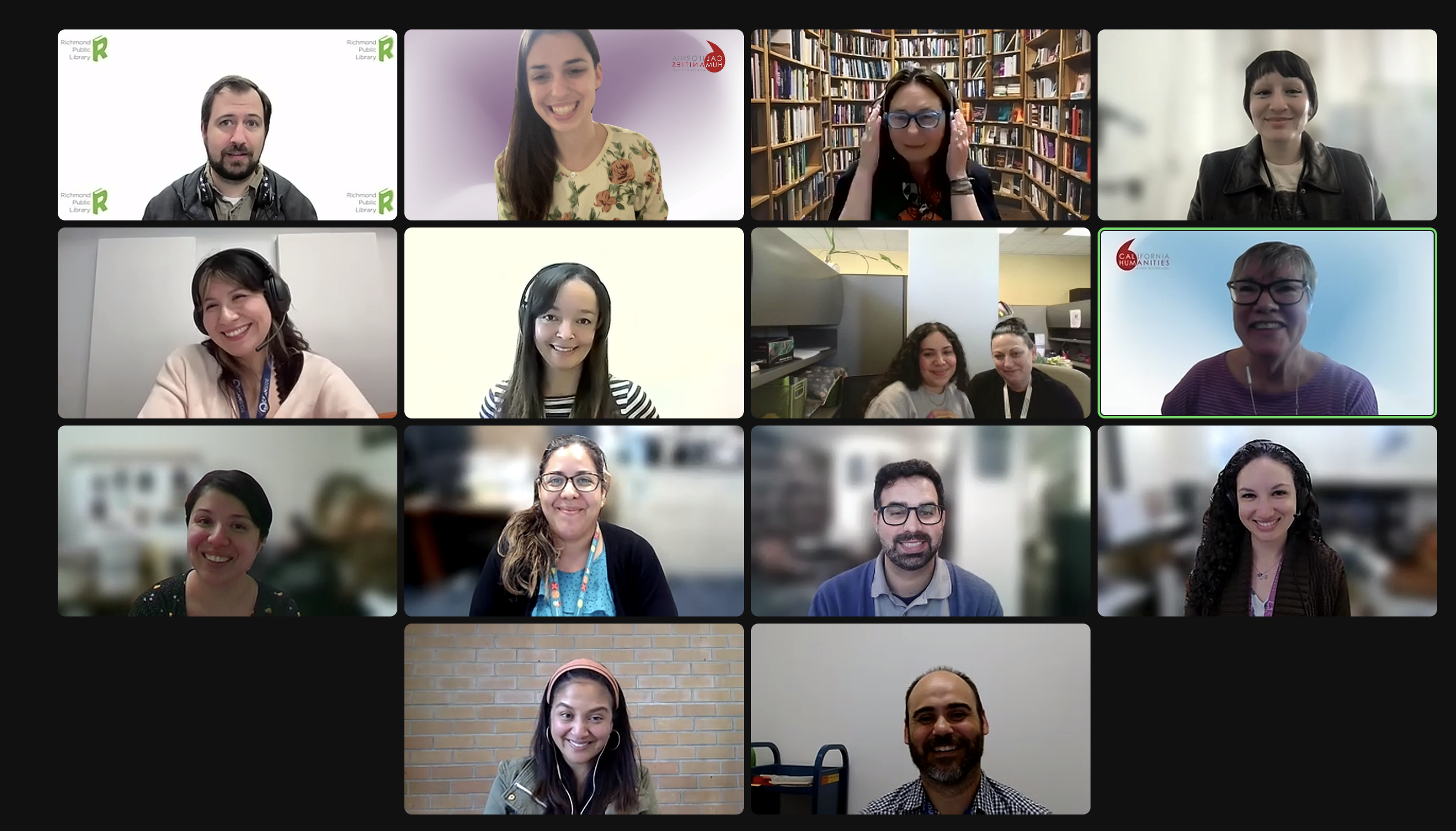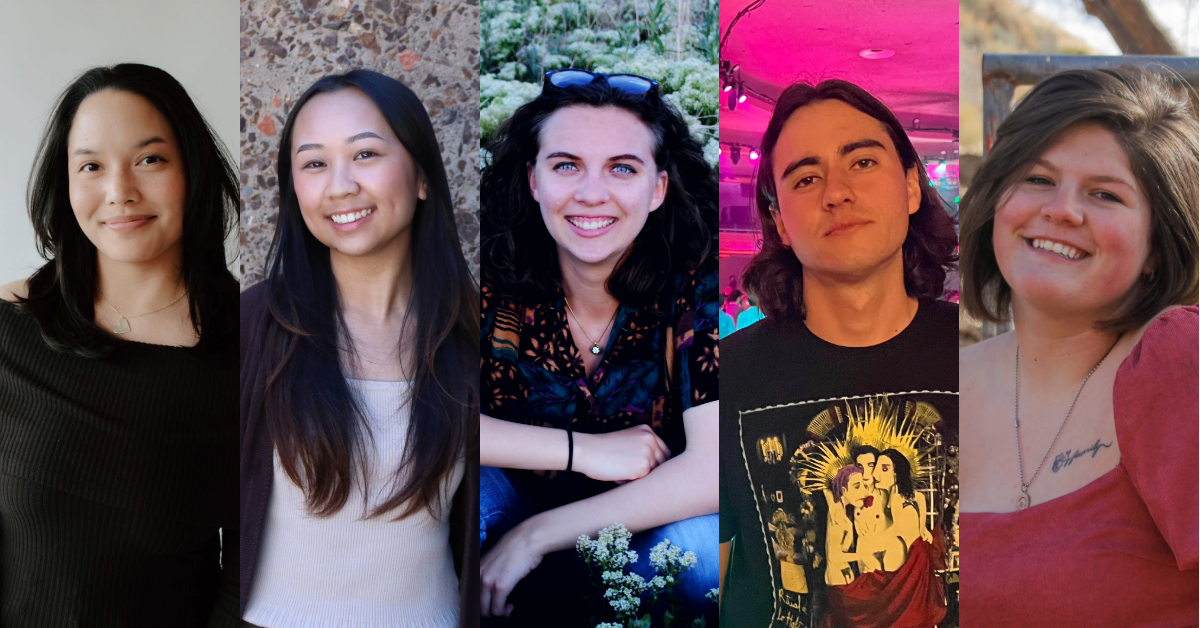Since California first adopted the ballot initiative process in 1911, California voters have been asked to decide on issues such as the legality of prize fighting (1914), capital punishment (1972), nuclear weapons (1982), and the definition of marriage (2000). Given the dizzying complexity of ballot initiatives and the powerful sway of well-funded PR campaigns, how have California voters been able to fully understand and accept responsibility for making these critical decisions?
In all, Californians have approved 132 ballot measures, with some eliciting more interest from voters than others. All, however, have the potential of profound and long-lasting consequences for this state, particularly when we consider examples like the tax reform of Prop 13 (1978) or the immigration focus of Prop 187 (1994).
Rather than try to explain or debate the 12 new propositions on in this November’s general election ballot, join us for a conversation that delves into the history of California’s voter initiatives and explores how we got to where we are today.
Participants
Holly Alonso, Executive Director of Peralta Hacienda Historical Park in Oakland since 2000 and project director of “Faces of Fruitvale”, an exhibit consisting of interviews and photo portraits of members of this diverse Bay Area community. The historic site won the National Museum Medal in 2017 for its “outstanding contribution to the community.”
Philip W. Chung helped lead the Japanese American National Museum’s “Little Tokyo Drift” exhibition, which explore
Panel:
Rachael Myrow, Senior Editor, KQED (moderator)
Jason Cohn, Director, THE FIRST ANGRY MAN
Joe Mathews, California & Innovation editor for Zócalo Public Square, Co-author of California Crackup: How Reform Broke the Golden State and How We Can Fix It
Dr. Raphael J. Sonenshein, Executive Director, Pat Brown Institute for Public Affairs at CSU Los Angeles
Through California on the Ballot, California Humanities invites the people of California and beyond to reflect and talk—with journalists, historians, election experts, and more—about the past, present, and future of electoral engagement in California.
This event is funded by the “Why it Matters: Civic and Electoral Participation” initiative, administered by the Federation of State Humanities Councils and funded by Andrew W. Mellon Foundation.
Recorded October 2020.
About California on the Ballot:
Through California on the Ballot, a statewide initiative, we invite the people of California and beyond to reflect and talk about the past, present, and future of electoral engagement in California. Scholars, artists, journalists, civil servants, and archivists offer their perspectives through Zoom panel discussions, interviews, displays of historical artifacts, film clips, and Q&A sessions with viewers.
California on the Ballot is made possible by funding from the National Endowment for the Humanities as part of their A More Perfect Union initiative and was launched with funding from the Why it Matters: Civic and Electoral Participation initiative, administered by the Federation of State Humanities Councils and funded by the Andrew W. Mellon Foundation.




